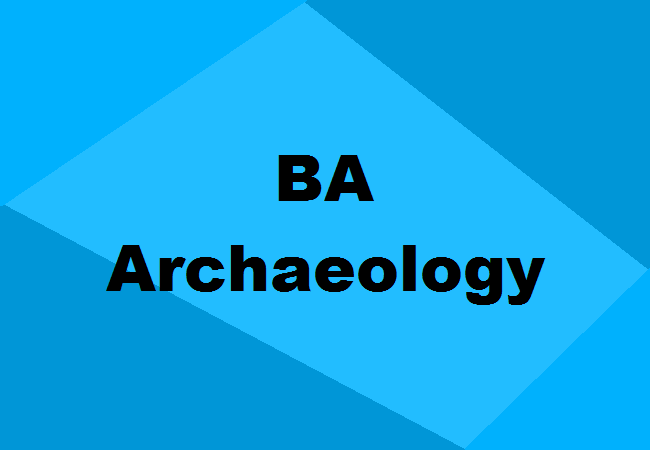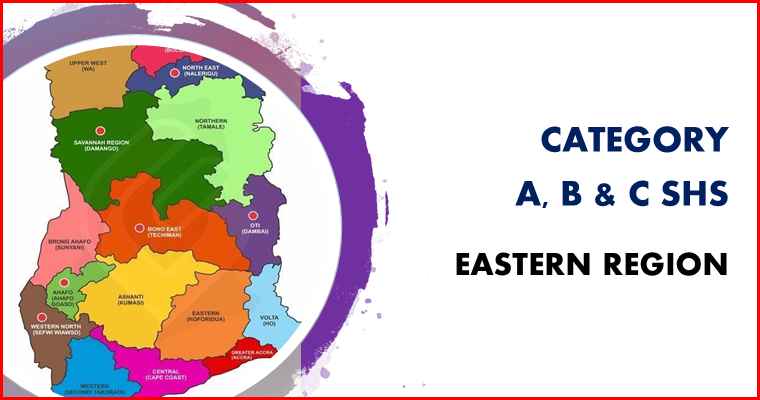OVERVIEW
Archaeology is the art and science of studying the ancient and recent human past through material remains. Archaeology is central to examining, recovering and preserving evidence and artefacts from past human cultures across space and time. It remains a highly interdisciplinary field; intersecting with the humanities, social, biological and physical sciences.
While survey, excavation and analysis of finds remain a basic part of archaeological work, the essence of Archaeology is to broaden and deepen understanding of human cultures. This is achieved through problem solving and sophisticated use of evidence and theoretical argument. Archaeology specialties include: Prehistoric Archaeology (study of past cultures with no written language); Underwater Archaeology (study of remains of human activity beneath the surface of water bodies) and Historical
Archaeology (study of cultures that existed during periods of recorded history).
Historical Archaeology is further divided into Classical Archaeology (Ancient Greece & Rome) and Biblical Archaeology (Middle East). Other specialties include Urban Archaeology, Industrial Archaeology, Bio-Archaeology, Cultural Resource Management Archaeology and Forensic Archaeology.
AIMS AND OBJECTIVES
At the end of the programme, students are expected to:
• Develop solid foundation in archaeological practice, method and theory.
• Be able to appraise key methods and techniques used in modern archaeological fieldwork, survey and artefact analysis.
• Develop the competence to plan and tailor research projects to answer questions and test archaeological hypotheses.
• Be familiar with important sites and archaeological case studies from a range of countries and periods.
• Demonstrate the ability to apply archaeological principles to real-life situations such as offering advice to organisations on the cultural impact of proposed plans, policies and programmes.
• Be able to apply archaeological knowledge to heritage tourism development.
INDUSTRY/GLOBAL TRENDS
A little less than 90 per cent of Archaeology has seen a progression of its methods and theory from one that depended mainly on excavating artefacts for museums with little data to highly advanced historical, statistical, linguistic, ethnographic and cross cultural analytical approaches.
Considering that, over 99% of total human history has no written records; Archaeology is unparalleled in filling in the gaps from the Palaeolithic Age (Prehistoric) to Recorded History. Of critical importance is its role in tackling the heavy and incessant questions intelligent beings seek to unravel such as where, when, why and how humans lived on the earth.
Further, archaeological findings do not only give a rational account of the human past, (particularly development of human culture, agriculture and complex societies) they also form existential evidence for establishing linkages of the modern world with the past on subjects such as cultural identity, ethnicity, materialism and gender. It also contributes to national development through the documentation of heritage and the provision of human resources for the tourism sector.
CAREER PROSPECTS
Career opportunities with the BA Archaeology programme are mainly found in universities, museums and government agencies. With further postgraduate studies, students can have access to a wider career scope such as archaeological
TEACHING METHODS
Class discussion, The use of PowerPoint and audiovisuals to screen documentaries at lectures. Occasional educational field trips are organised to heritage studies sites. Two weeks of field school training in practical archaeology and ethnographic field methods and techniques are organised for the final year students. Students are also exposed to the processes of mounting exhibitions and taking tourists on tour of the Museum of Archaeology at UG.








